The Arc de Triomphe is a monumental arch standing at the western end of the Champs-Élysées in Paris, is one of the city’s most iconic landmarks. Commissioned by Napoleon Bonaparte after his victory at the Battle of Austerlitz in 1805, the arch symbolizes the triumphs and sacrifices of the French military.
Towering majestically at the western end of the Champs-Élysées, the Arc de Triomphe isn’t just a landmark; it’s a Parisian triumph itself. This awe-inspiring arch stands as a monument to French military victories, a witness to history, and a must-see for any visitor to the City of Lights.
The Arc de Triomphe Historical Background
Commission and Construction
Napoleon commissioned the Arc de Triomphe in 1806 to celebrate the victories of his Grande Armée. The design was entrusted to architect Jean-François-Thérèse Chalgrin, who drew inspiration from the Roman Arch of Titus. Construction began in 1806 but faced numerous interruptions due to political changes and financial difficulties. The arch was finally completed in 1836 during the reign of King Louis-Philippe.
Envisioned as a tribute to his Grand Armée, the arch’s design reflects the Roman triumphal arches of antiquity.
The Arc de Triomphe Architecture and Design
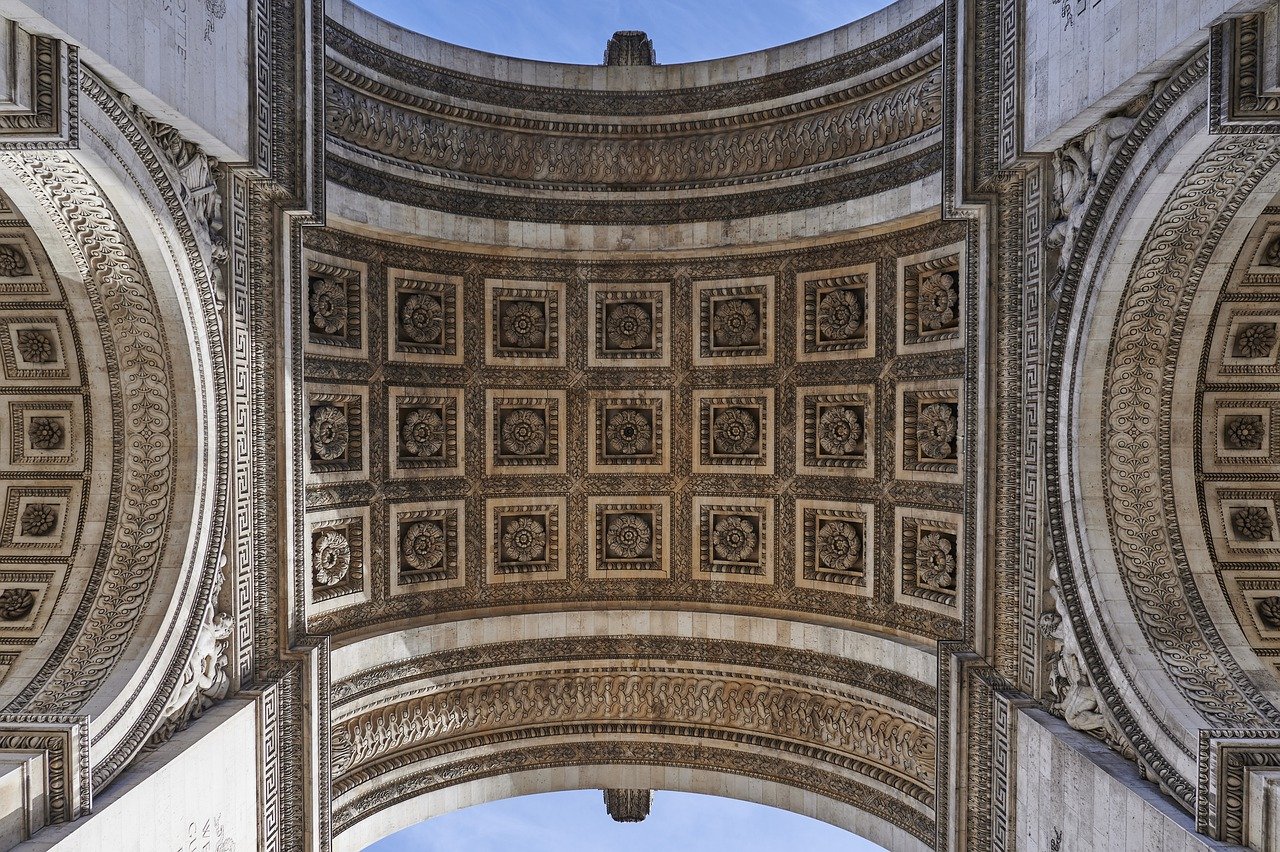
Dimensions and Structure
The Arc de Triomphe stands 50 meters (164 feet) high, 45 meters (148 feet) wide, and 22 meters (72 feet) deep. Its grand scale and neoclassical design make it a striking feature of Paris’s cityscape.
Sculptural Decorations
The arch is adorned with intricate sculptures and reliefs, each depicting significant moments in French military history. Key sculptures include:
- La Marseillaise (The Departure of the Volunteers of 1792): Sculpted by François Rude, this relief on the eastern façade depicts a group of French volunteers rallying to defend the nation, led by a winged figure symbolizing the spirit of Liberty.
- The Triumph of 1810: Created by Jean-Pierre Cortot, this relief celebrates Napoleon’s diplomatic and military successes.
- The Resistance of 1814 and The Peace of 1815: Sculpted by Antoine Étex, these panels commemorate the French resistance during the invasion of 1814 and the subsequent peace treaty.
Inscriptions and Names
The Names of Battles and Generals
The inner and outer surfaces of the arch are inscribed with the names of 660 generals and numerous battles fought during the French Revolutionary and Napoleonic Wars. The names of those who died in battle are underlined.
The Tomb of the Unknown Soldier
Beneath the arch lies the Tomb of the Unknown Soldier, added in 1921 to honor the unidentified soldiers who died during World War I. An eternal flame burns in memory of the fallen, rekindled every evening at 6:30 PM in a solemn ceremony.
Cultural and Historical Significance
National Celebrations and Events
The Arc de Triomphe has been a focal point for national celebrations and military parades, most notably the annual Bastille Day parade on July 14th. It also served as the site for the Victory Parades in 1919, marking the end of World War I, and in 1944 and 1945, celebrating the liberation of Paris and the end of World War II.
Symbol of French Patriotism
As a symbol of French patriotism, the Arc de Triomphe has witnessed numerous historical events, including the return of Napoleon’s ashes to France in 1840 and Charles de Gaulle’s march under the arch during the liberation of Paris in 1944.
Visitor Experience
Climbing the Arch
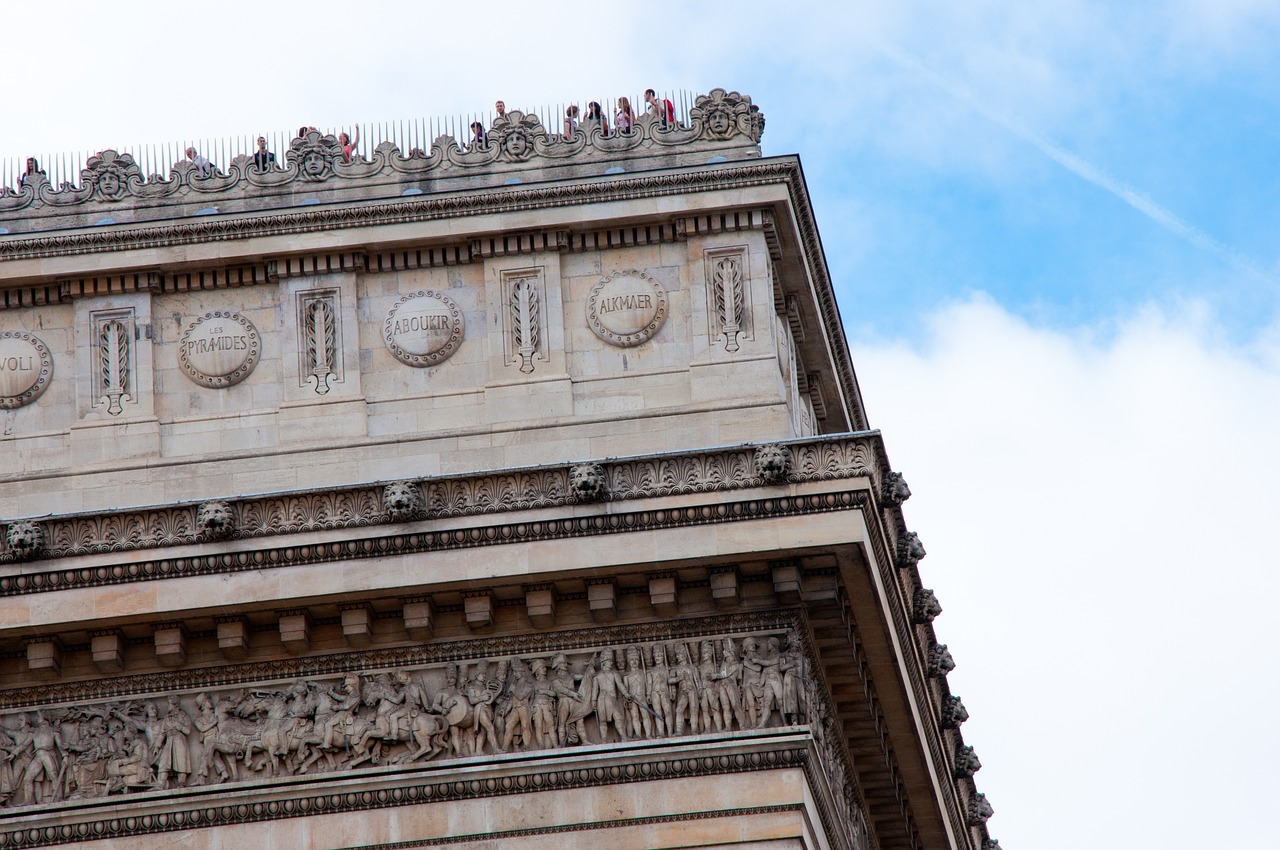
Visitors can climb 284 steps to reach the top of the Arc de Triomphe, where they are rewarded with panoramic views of Paris. The terrace offers a unique vantage point over the city’s landmarks, including the Eiffel Tower, the Champs-Élysées, and the modern La Défense district.
The Musée de l’Arc de Triomphe
The museum inside the arch provides insights into its history and construction, featuring exhibits on its architectural significance and the historical context of its creation.
Restoration and Preservation
Over the years, the Arc de Triomphe has undergone several restoration projects to preserve its structural integrity and artistic details. The most recent restoration efforts ensure that it remains a well-maintained and cherished monument.
The Arc de Triomphe stands as a testament to French military history and national pride. Its grand architecture, rich symbolism, and historical significance make it a must-visit landmark in Paris. As a tribute to France’s past victories and the soldiers who sacrificed their lives, the Arc de Triomphe continues to inspire awe and reverence, embodying the enduring spirit of the French nation.
A Flame of Remembrance
Beneath the arch’s vault lies the Tomb of the Unknown Soldier from World War I. An eternal flame flickers here, a poignant symbol of remembrance for all those who died for France. Every evening at 6:30 pm, a rekindling ceremony takes place, a solemn tradition witnessed by many.
A Parisian Icon
The Arc de Triomphe is more than just a monument; it’s a Parisian icon. It features prominently in films, serves as the grand starting point for the annual Tour de France cycling race, and is a vibrant symbol of French national pride.
Planning Your Arc de Triomphe Visit
- Be prepared to navigate the busy traffic circle around the arch. Underground walkways offer safe passage.
- Purchase tickets in advance to avoid queues, especially during peak season.
- Combine your visit with a stroll down the Champs-Élysées or a visit to nearby museums.
The Arc de Triomphe: A Parisian Triumph Awaits
Standing tall at the heart of Paris, the Arc de Triomphe beckons you to explore its history, marvel at its architecture, and soak in the breathtaking views. It’s a Parisian triumph waiting to be experienced.
Have you ever climbed the Arc de Triomphe? Share your experience in the comments below!
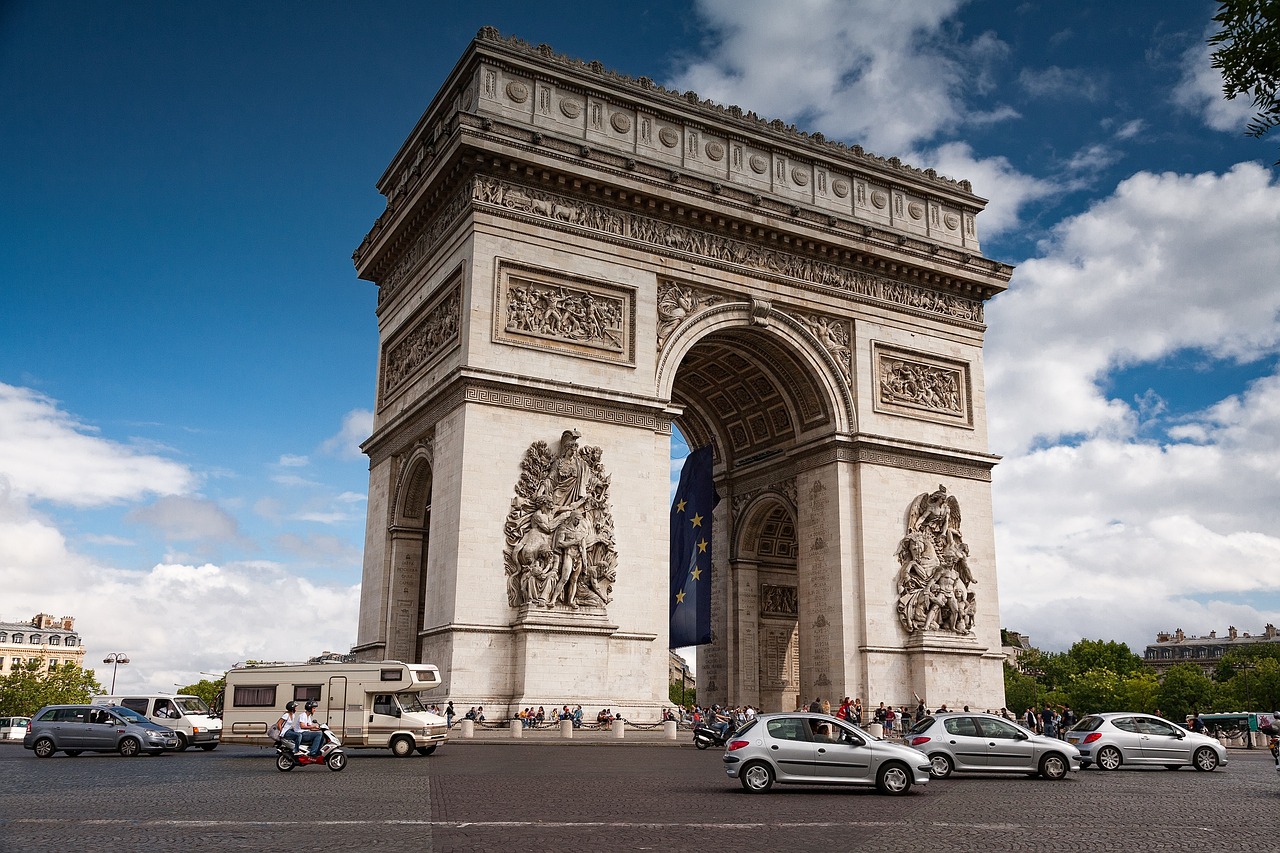
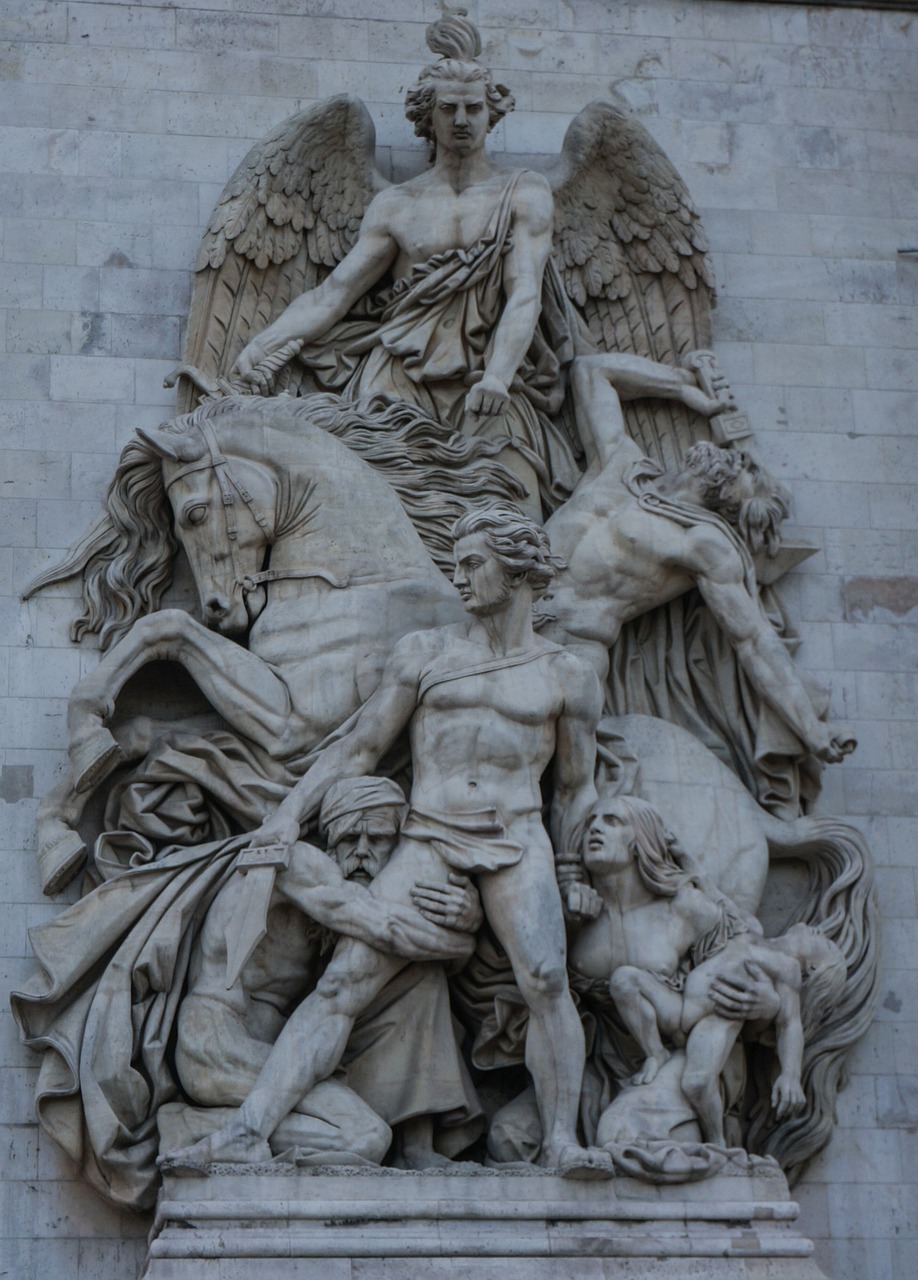
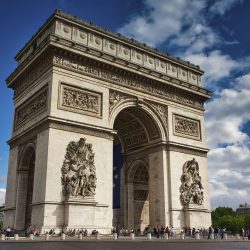






0 Comment